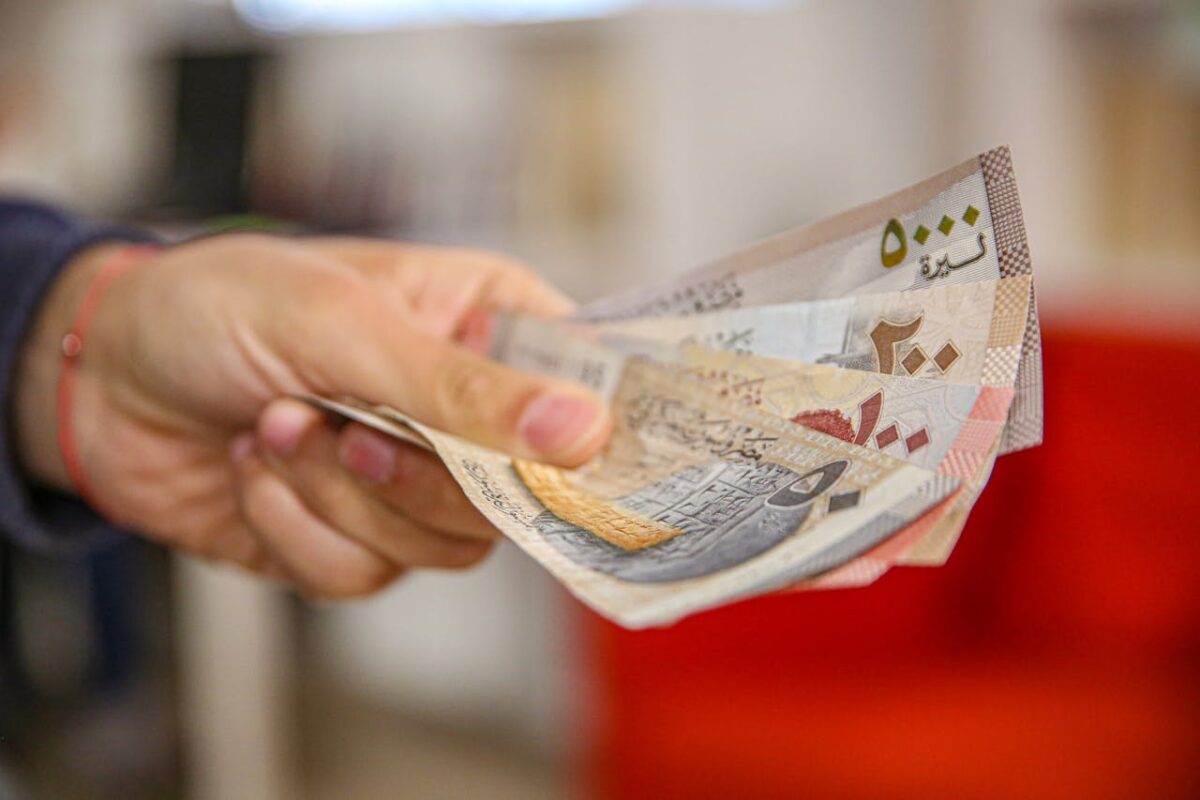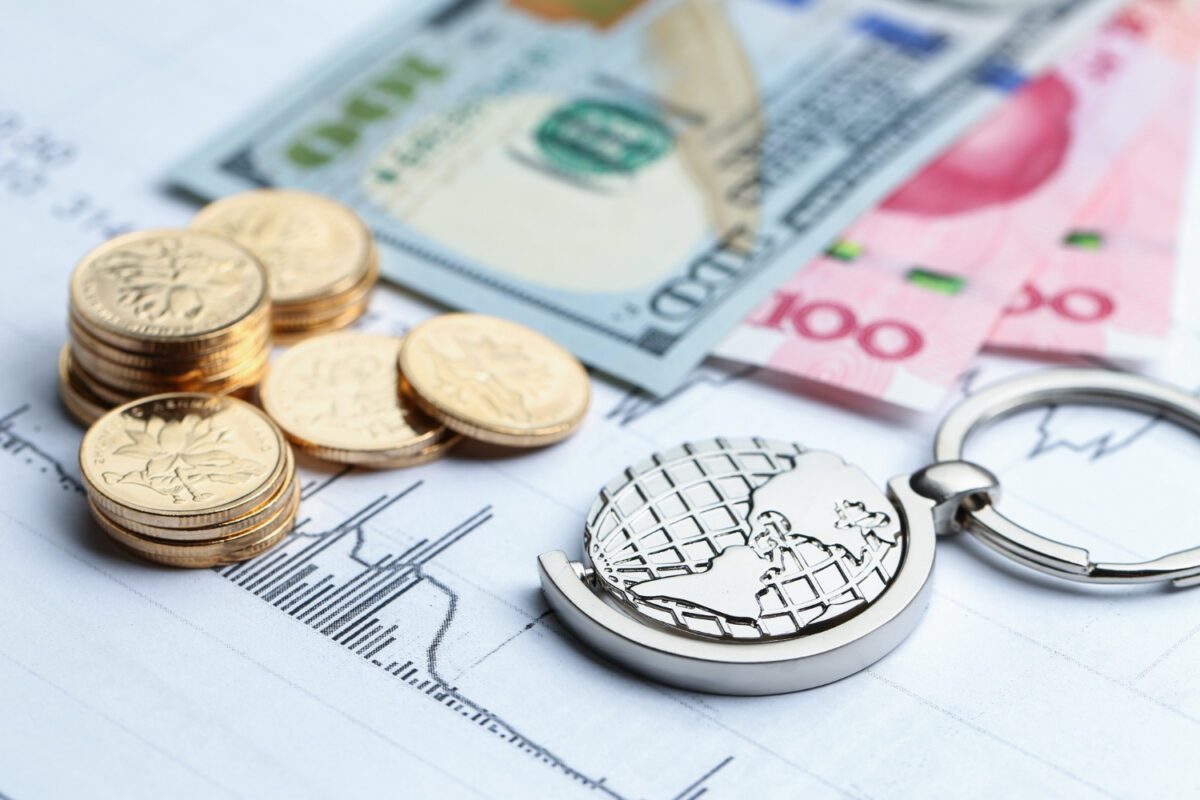The Iraqi dinar (IQD) has gained attention from both travelers exploring Iraq’s rich culture and history, and investors hoping to profit from currency fluctuations. Whether you’re planning a trip or considering buying Iraqi dinar as part of your investment strategy, understanding the best practices for exchanging this currency is crucial.
In this comprehensive guide, we’ll walk you through how to buy dinar, where to exchange it safely, and key tips for getting the best IQD exchange rates.
Understanding the Iraqi Dinar
The Iraqi dinar (IQD) is the official currency of Iraq, introduced in 1932 to replace the Indian rupee. The dinar comes in both coins and banknotes, with denominations ranging from 250 to 50,000 dinars. Due to the economic challenges Iraq has faced over the years, the dinar’s value has fluctuated, making it a point of interest for investors.
If you’re a traveler, it’s important to familiarize yourself with the current Iraq dinar exchange rate to avoid overpaying or falling victim to scams. For investors, understanding the currency’s volatility and its political and economic influences is key to making informed decisions.
Where to Buy Iraqi Dinar
Whether you’re traveling to Iraq or investing in the currency, buying dinars should be done through reputable sources. Here are some of the best options:
1. Banks in Iraq
If you’re already in Iraq, the safest way to obtain Iraqi dinar is by exchanging money at authorized banks. Iraqi banks offer official rates, ensuring you’re not overcharged. Make sure to bring identification and ask for a receipt for your exchange.
2. Currency Exchange Offices
Licensed exchange offices in major Iraqi cities like Baghdad, Erbil, and Basra are also reliable options. However, always confirm their credentials and check the rates online beforehand.
3. Online Currency Dealers
For investors or those planning ahead, several online platforms specialize in buying Iraqi dinar. Ensure the dealer is registered with a financial authority and has positive customer reviews. Avoid sites promising unrealistic exchange rates or guaranteed returns, as these are often scams.
4. U.S. Banks and Currency Exchanges
While not all banks outside Iraq offer IQD exchange, some large financial institutions or specialty foreign exchange services might provide this option. Call ahead to confirm, and compare their rates with the official Iraqi central bank rate.
Best Practices for Exchanging Iraqi Dinar
Once you’ve decided where to get your Iraq dinar, follow these best practices to ensure a smooth and secure transaction:
1. Research the Exchange Rate
The Iraqi dinar exchange rate can fluctuate daily due to political events, economic data, and global market conditions. Check the official Central Bank of Iraq rate or use reliable financial news platforms to stay updated.
2. Avoid Street Dealers
While you might encounter money changers on the street offering seemingly attractive rates, it’s risky. Unofficial dealers often deal in counterfeit currency or charge hidden fees. Stick to licensed institutions.
3. Verify Authenticity
If you’re buying Iraqi dinar, inspect the notes carefully. Genuine dinar banknotes have security features like watermarks, raised printing, and color-shifting ink. Always request a receipt for your purchase.
4. Use Safe Payment Methods
When dealing with online exchanges, use secure payment methods such as credit cards or bank transfers. Avoid cash transactions or wire transfers to unknown sellers.
5. Understand Transaction Fees
Be aware of any hidden fees or commissions. Banks and exchange services may charge a percentage of the total amount exchanged. Always ask for a breakdown of the costs before proceeding.
Tips for Investors Considering the Iraqi Dinar
For those looking to buy dinar as an investment, here are some additional tips to consider:
1. Know the Risks
Investing in the Iraqi dinar is speculative. Iraq’s political instability, inflation rates, and dependency on oil revenues all impact the currency’s value. Ensure you’re fully aware of the risks before diving in.
2. Diversify Your Portfolio
Don’t put all your money into Iraq dinar. It’s wise to diversify your investments across different asset classes to mitigate risks.
3. Beware of Scams
Unfortunately, the buy dinar market has attracted fraudulent schemes, with some scammers promising massive returns once the dinar “revalues.” Research thoroughly and stick to registered dealers.
4. Track Political and Economic News
Iraq’s economic policies, foreign investments, and security situation greatly influence the dinar’s value. Stay informed by following reputable financial news outlets.
5. Consult Financial Advisors
If you’re unsure, seek advice from financial professionals who understand emerging market currencies like the Iraqi dinar.
Final Thoughts
Whether you’re a traveler looking to exchange Iraq dinar for your trip or an investor hoping to add buying Iraqi dinar to your portfolio, being informed is your best defense against scams and losses. Stick to reputable sources, stay updated on exchange rates, and always verify the authenticity of your transactions.
By following these best practices, you can safely and confidently navigate the world of IQD exchange. Contact us today to learn more!
Are you planning to travel to Iraq or considering an investment in the Iraqi dinar? Share your thoughts and questions in the comments below!



